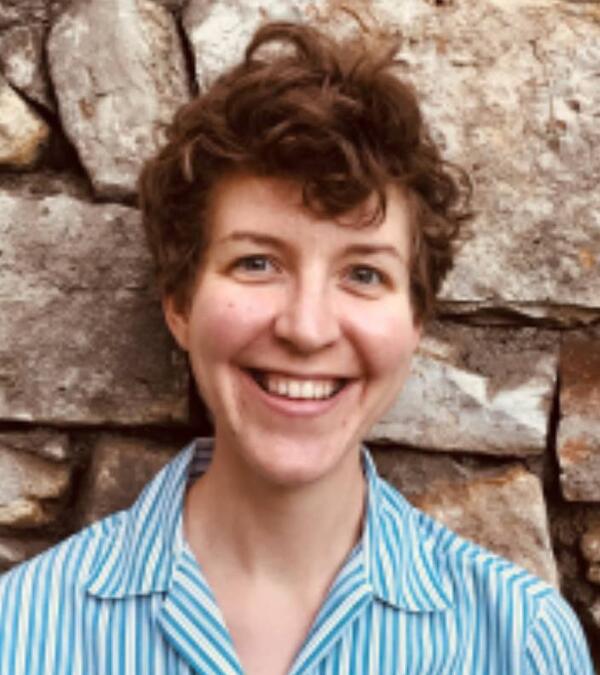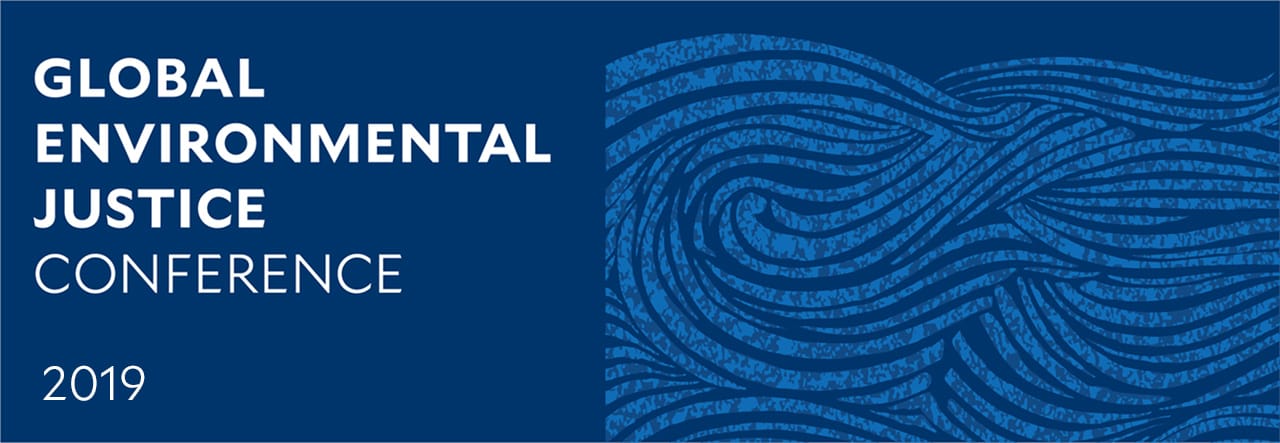Sophia Ford

Sophia Ford
Doctoral Candidate
Environmental Sciences
Studies
and Policy
University of Oregon
Environmental Sciences
Studies
and Policy
University of Oregon
My work focuses on critically examining legal regimes and power structures that facilitate disproportionate environmental hazards. This work draws attention to settler colonial mechanisms of property ownership in the United States and how these processes continue to perpetuate social inequality.
The southern border of Anishinaabeg gichigami (Lake Superior) are Ojibwe homelands and part of 1836, 1842 and 1854 Treaties, which ceded land while maintaining the right to hunt, fish and gather. Treaty rights come under threat in this resource-rich region due to a complex history of land dispossession, industrial copper mining, capitalist accumulation. The exclusionary force of mineral policies in the United States allowed settlers to divide land into mineral and surface property. Mineral property is considered “severed” from surface property, with varying owners, policies, and owners.
Drawing on archival, ethnographic, and geospatial analysis, I uncover how mineral policies and the law continues to protect mining interests and mineral owners by concealing ownership information. This research places mineral ownership in critical property studies to trace the historical formation of mineral ownership to contemporary challenges in exercising sovereignty. I find that the result of property law and mineral ownership results in disproportionate access to information, in this case mineral ownership records, which impedes the exercise of sovereignty. Moreover, I argue that for Indigenous nations, this system of land ownership is particularly fraught, as it constrains their treaty rights, sovereignty, and connections with land. This paper contextualizes the history of dispossession in relation to contemporary mineral law, exploring how mineral property law furnishes land grabs. This research fits in a larger context of addressing ongoing erasure from settler colonialism.
Severed Rights: Justice and Access to Mineral Property Information
Work Areas:
Distribution of environmental hazards, Extractive Industries, Indigenous rights, Land, Law, Policy and Governance, Property rights, Race and ethnicityPeople and Partners
Yale Center for Environmental Justice
Yale School of the Environment
Kroon Hall
195 Prospect Street
New Haven, CT 06511
Email: ycej@yale.edu
Yale School of the Environment
Kroon Hall
195 Prospect Street
New Haven, CT 06511
Email: ycej@yale.edu




